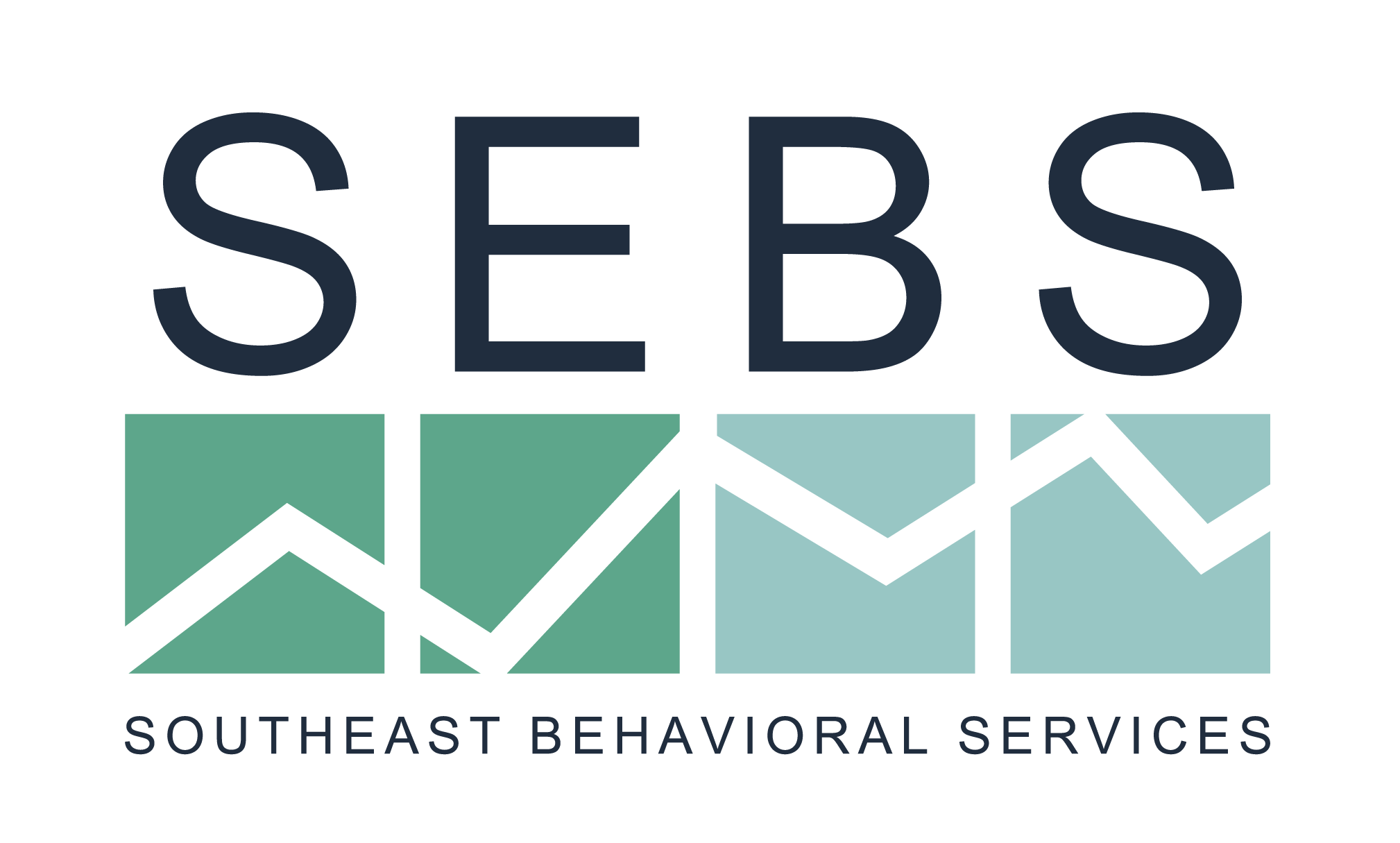FAQs
FAQ's About Southeast Behavioral Services
What is ABA therapy?
Applied Behavior Analysis (ABA) is a scientific approach to understanding and improving behavior. It focuses on how behavior works, how it’s affected by the environment, and how learning takes place.
Who can benefit from ABA therapy?
ABA therapy is effective with just about anyone. However, it is most commonly used to support individuals with autism spectrum disorder (ASD), but it can also help individuals with developmental delays, behavioral challenges, and other learning differences.
How does ABA therapy work?
ABA therapy uses individualized programs based on each client’s needs. Skills are broken down into small, manageable steps and taught systematically using reinforcement.
What skills are targeted in ABA therapy?
Skills addressed can include communication, social skills, daily living skills (e.g., dressing, hygiene), academics, play, vocational skills, and reduction of challenging behaviors.
How many hours of ABA therapy does a child need?
It depends on individual needs. However, according to the research the more intensive the program early on (30-40 hrs.) the more significant improvements can be gained. These hours can be faded down with time and when the learner is showing progress. A BCBA (Board Certified Behavior Analyst) will recommend the appropriate level based on assessments.
We currently offer 3 levels of treatment
Level 3: 30-40hrs. a week
Level 2: 20-30 hrs. a week
Level 1: Less than 20 a week based on skills being taught and location of services.
What is a BCBA?
A Board Certified Behavior Analyst (BCBA) is a professional who designs and supervises ABA programs. They hold a master’s degree or higher, have completed specific coursework, and passed a national certification exam.
What is an RBT?
A Registered Behavior Technician (RBT) is trained to implement ABA programs directly with clients under the supervision of a BCBA. RBTs complete a 40hr. certification course with a national certification exam.
Is ABA therapy covered by insurance?
Many insurance plans cover ABA therapy, especially for children with an autism diagnosis. Coverage varies by provider and plan. We can assist you with verification and authorizations.
How long does ABA therapy last?
The length of therapy varies depending on each person’s goals and progress. Some individuals may participate in therapy for a few months, while others may benefit from several years of support.
What happens during an ABA session?
Sessions can include structured teaching, play-based learning, natural environment teaching, and data collection to monitor progress. Each session is tailored to the client’s treatment goals.
Where does ABA therapy take place?
ABA therapy can occur in various settings, including homes, clinics, schools, and community locations depending on the client’s needs. SEBS provides services in-clinic, in-home, and in the community. School-based services are only offered in select cases.
How are goals chosen for my child?
A Board Certified Behavior Analyst (BCBA) is a professional who designs and supervises ABA programs. They hold a master’s degree or higher, have completed specific coursework, and passed a national certification exam.
How is progress measured in ABA?
Progress is measured through ongoing data collection and analysis. Therapists track performance on goals daily to determine when a client has mastered a skill or needs a new approach.
How can parents be involved in ABA therapy?
Parent involvement is crucial. Parents receive training and coaching to help generalize skills at home and maintain progress outside of therapy sessions.
